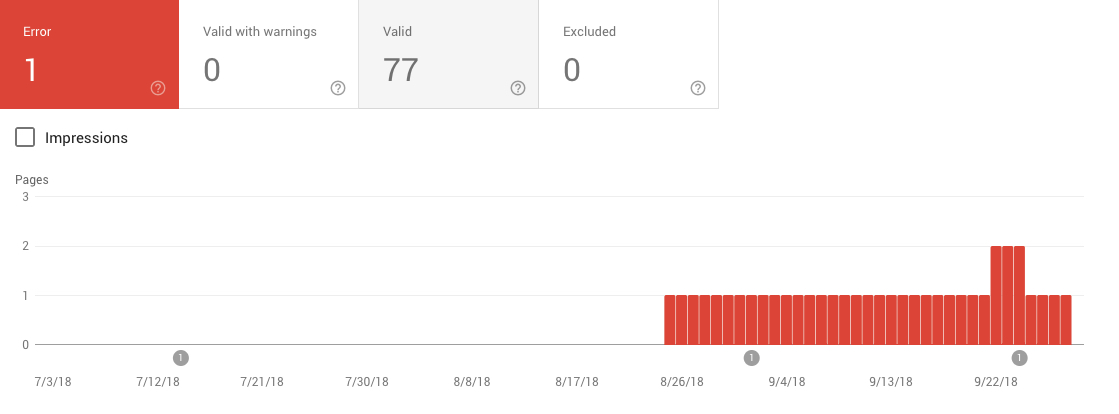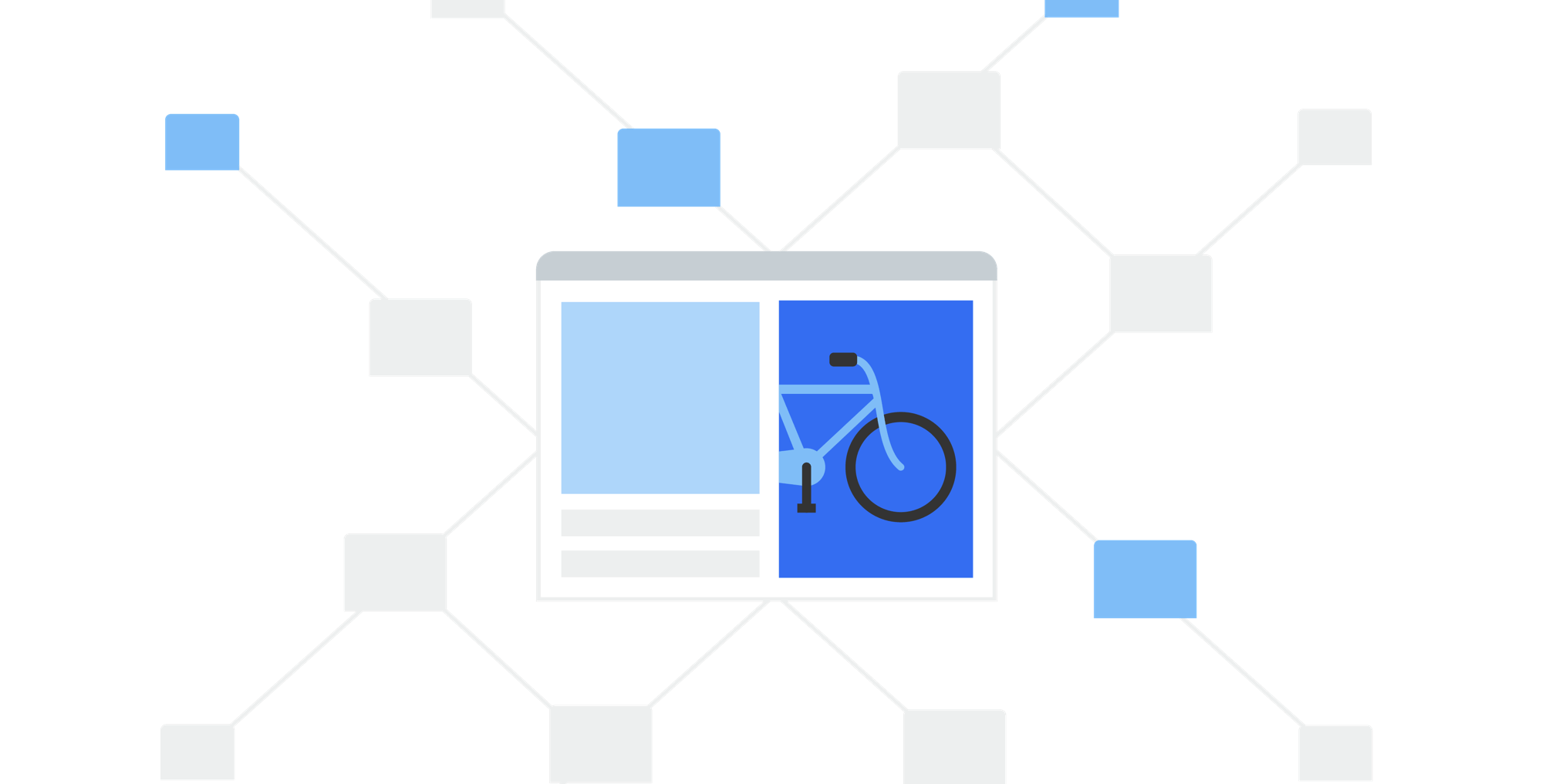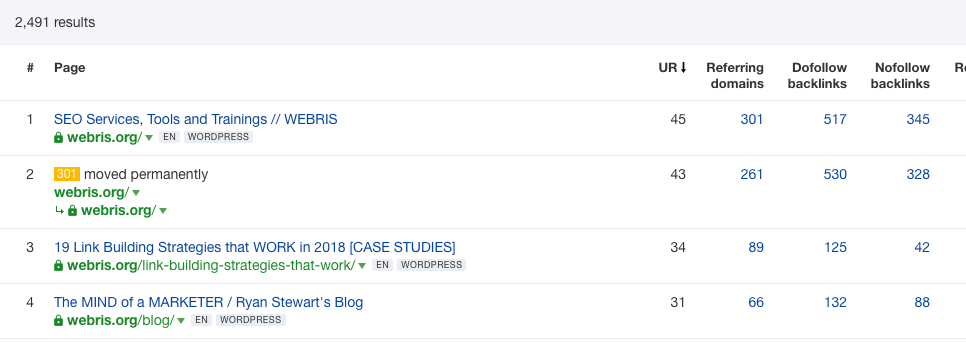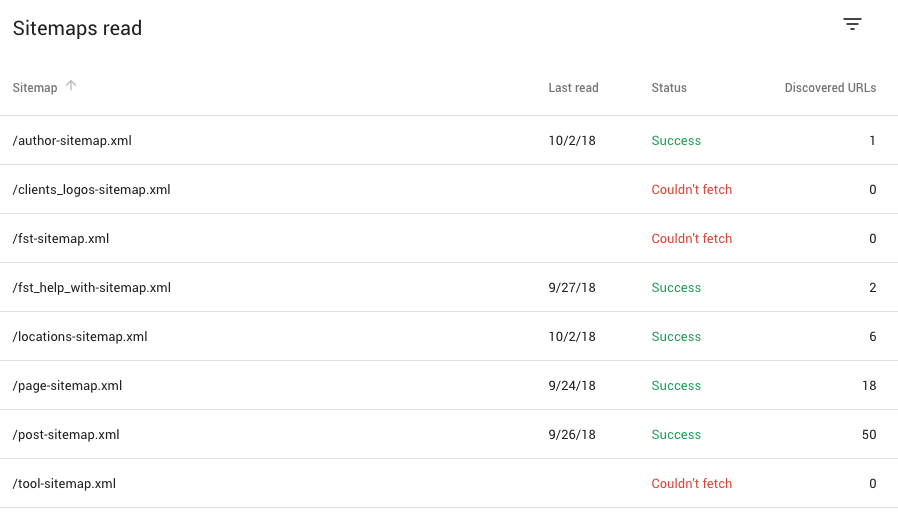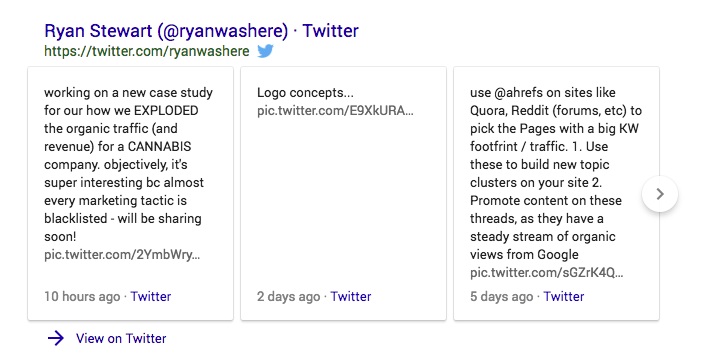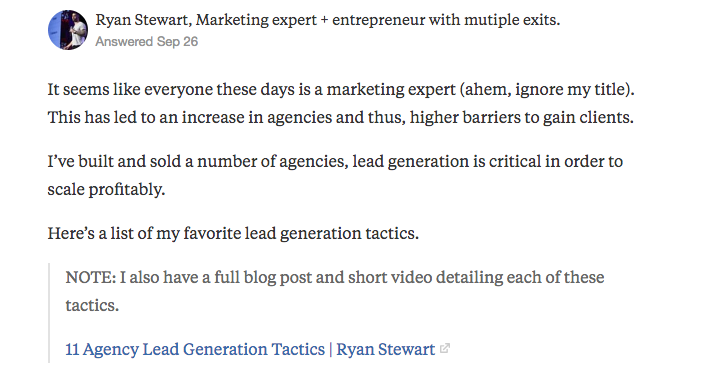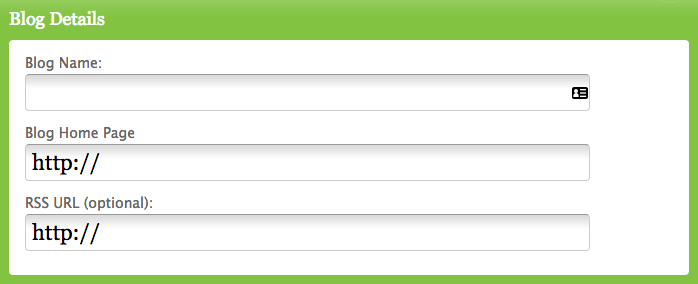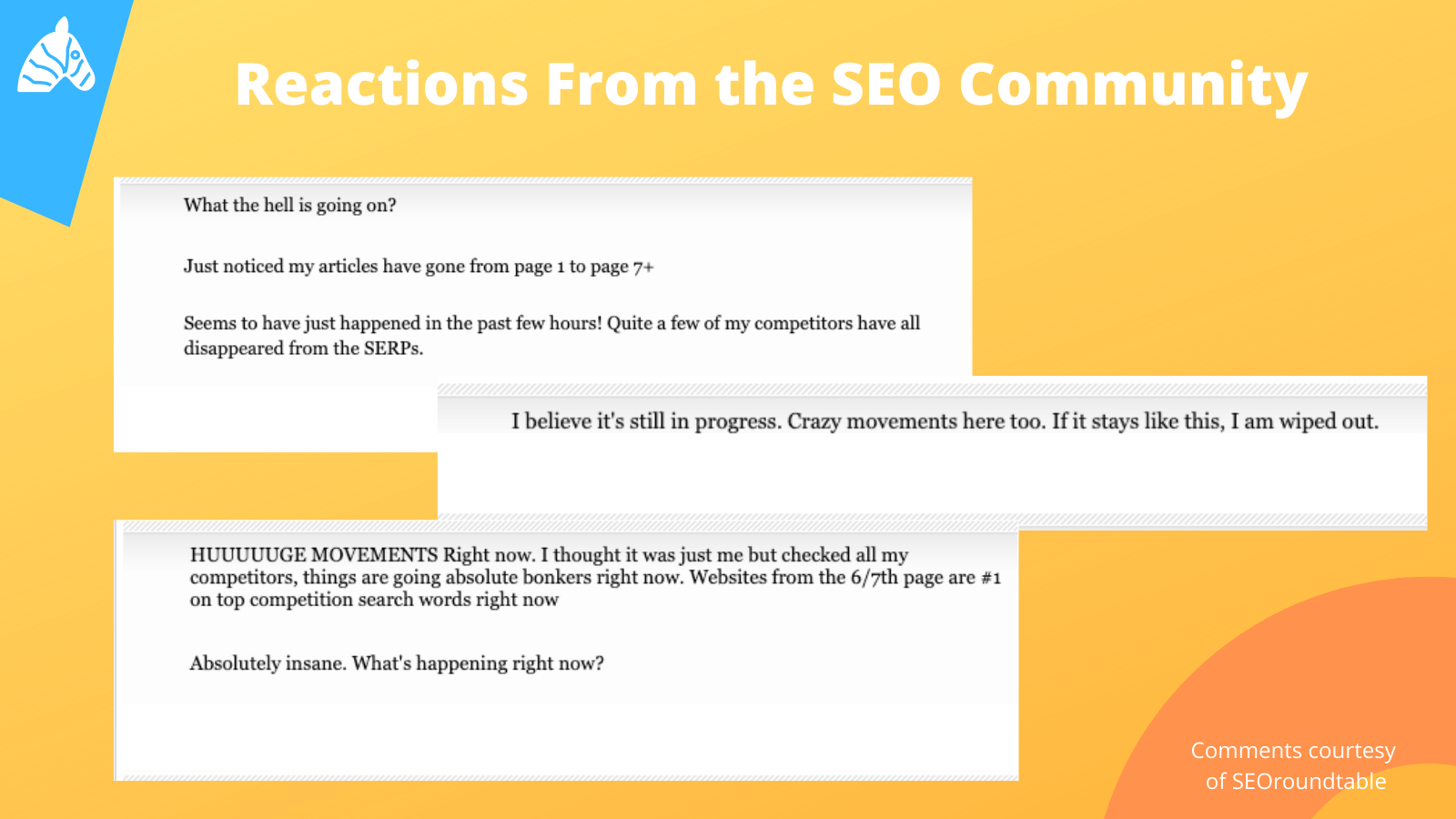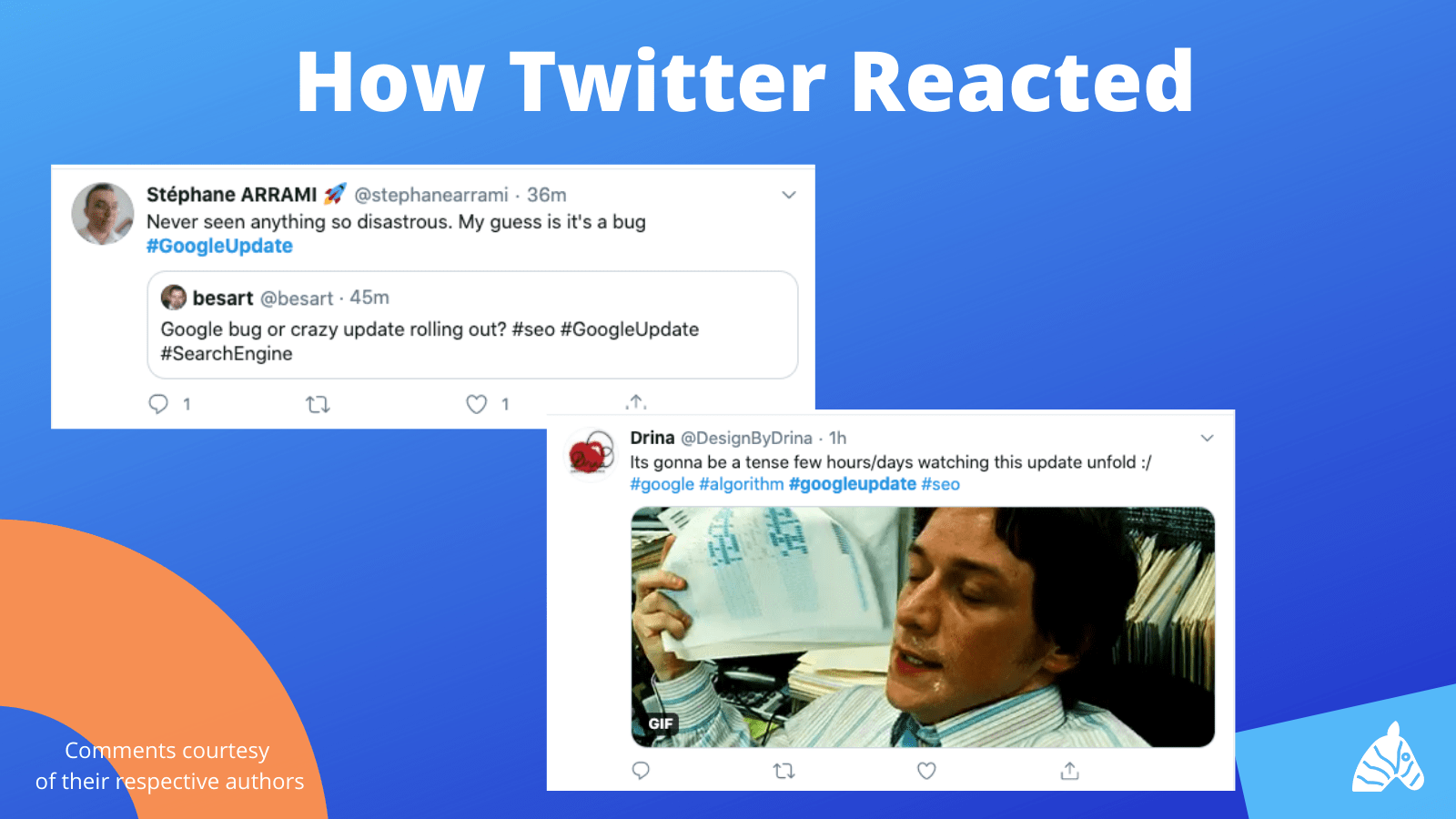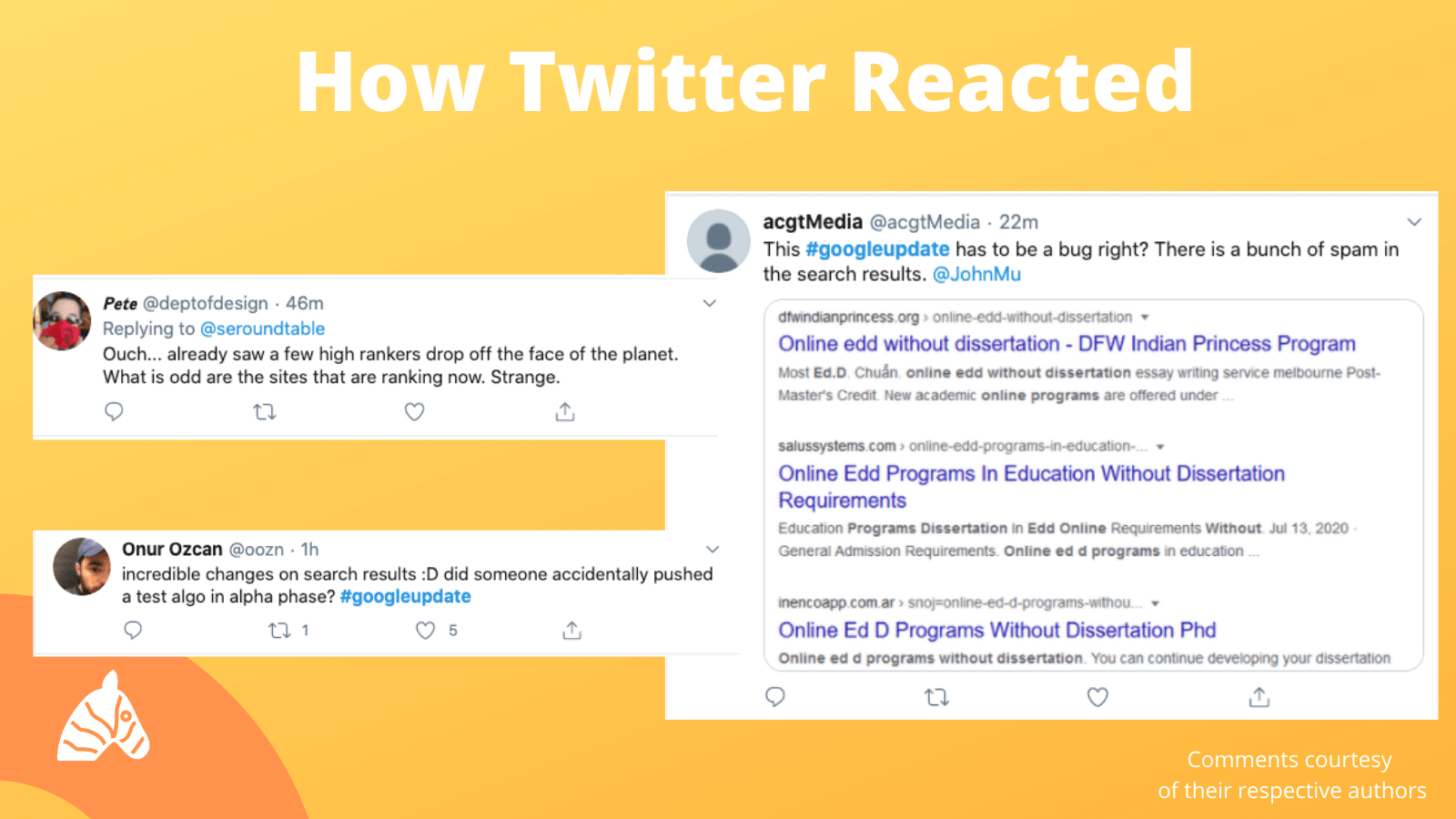From what we can tell, Google has begun rolling out an enormous Google Search ranking algorithm update from the 10th of August. While it is yet to be officially confirmed by Google’s Search Liaison, the chatter amongst the SEO and search community is loud and clear: so far, it does not look good.
From what it looks like, the Google Update began to roll out at around 2 pm ET on the 10th of August. The most significant changes seem to be rankings, with no real clear algorithm pattern. With many speculating that the update looks more like a bug or a bad algorithm test, page one rankings for many authoritative and successful websites seem to have tanked.
In the case of SEO in Australia, we’ve seen all of our competitors and the big players in our industry suffer on page one. A couple of our clients are being outranked by forums, dynamically generated amazon listings, random Facebook posts and even job listings. What is going on here?
We’re still not sure what’s happening. From what we can tell, the algorithm shift has adjusted search engine rankings to have poor-quality pages gaining the top ten spots on search results. Our early research into the algorithm shifts have also uncovered that many local search results are being completely outranked by eBay, Amazon, directory listings and cloaking websites that are not only irrelevant but incredibly spammy for these types of searches.
From what we have analysed, the results that were ranking on page one yesterday now all seem to be sitting on page six, seven and eight of Google. Page one is mysteriously cluttered with spammy, cloaking, phishing websites. Ecommerce websites have seemed to slip in favour of forum, directory and social media listings.
There is plenty of speculation happening on Twitter, Webmaster World, and SEO forums. While there are a couple of people mentioning that their sites have benefitted from the SERP changes, the majority are reporting on a brutal shift in their traffic and rankings. Worldwide, many have reported that their sites are being de-ranked in favour of spammy websites and directory listings. There has also been a lot of talk about drastic changes within short spaces of time – with results being updated every 30 minutes or so for some.
It makes little sense for Google to have the first pages of search results filled with unrelated forums, cloaking websites and social media websites and directory listings. Google’s success over competing search engines is that its algorithm provides the most logical and pleasing user experience. By way of logic, it would seem that this update is not in line with providing high quality and useful organic search results.
Again, it is far too early to conclude on anything but regular checks on SERP trends and it’s pretty clear that something huge is happening. Google is yet to confirm any changes. There’s every chance we’re witnessing an enormous glitch or bug. But there’s also a chance that this may be a part of a new Google search ranking algorithm update.
Continue to monitor your rankings and watch for any changes. If we’ve learnt anything from previous Google algorithm updates, it’s important to wait it out until the update has fully rolled out or Google has confirmed the suspicions. Don’t do anything drastic, and if your website has suddenly tanked in the search engine results; you’re not alone.

